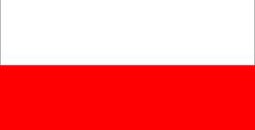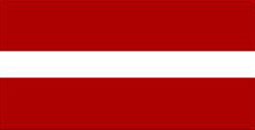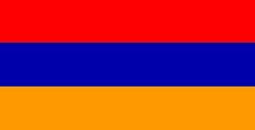Setting out to study in France is a thrilling adventure, but obtaining the necessary funds for your studies may frequently be a difficulty. But fear not! Your goal of studying in France might come true with the support of several scholarships and funding opportunities.
Understanding the Cost of Studying in France:
Before delving into funding options, it's essential to understand the expenses associated with studying in France. Tuition fees vary depending on the institution and program, but they are generally more affordable compared to other study destinations. Additionally, you'll need to budget for accommodation, living expenses, transportation and other miscellaneous costs.
1. Scholarships Offered by French Institutions:
Many French universities and institutions offer scholarships specifically designed for international students. These scholarships may cover tuition fees partially or in full, as well as provide a stipend for living expenses. It's essential to research and identify the scholarships offered by your chosen institution and ensure you meet the eligibility criteria.
2. Government Scholarships and Grants:
The French government, along with various international organizations, provides scholarships and grants to support international students pursuing higher education in France. One such example is the Eiffel Excellence Scholarship Program, which offers funding for master's and PhD students in various fields of study. Additionally, programs like the French Ministry of Foreign Affairs and International Development (MAEDI) offer scholarships to students from specific countries.
3. Research Grants and Fellowships:
For students pursuing research-based programs, there are numerous grants and fellowships available to support their academic endeavours. Organizations such as the French National Centre for Scientific Research (CNRS) and the French National Research Agency (ANR) offer funding for research projects in various disciplines.
4. Private Scholarships and External Funding Sources:
In addition to institutional and government scholarships, there are private organizations and foundations that provide financial assistance to international students studying in France. These scholarships may be based on academic merit, financial need, or specific criteria related to your field of study. Websites like Scholarship Portal and Study Portals are valuable resources for finding private scholarships tailored to your needs.
5. Part-Time Work Opportunities:
While studying in France, international students are allowed to work part-time to supplement their income. Common part-time job opportunities for students include tutoring, hospitality work, and freelance gigs. However, it's essential to balance work commitments with your academic workload to ensure success in your studies.
6. Student Loans:
If you require additional financial assistance, you may consider applying for student loans from banks or financial institutions. While taking out a loan should be a last resort, it can provide temporary relief if other funding options are insufficient. Before applying for a loan, carefully consider the terms and conditions, including interest rates and repayment terms.
Conclusion:
Financing your studies in France may seem difficult at first, but with careful planning and research, it's entirely achievable. From scholarships offered by French institutions to government-funded programs and private scholarships, there are various avenues to explore. Remember to start early, stay organized and make use of available resources to secure the funding you need for your educational journey in France. With determination and perseverance, you can turn your dream of studying in France into a reality.














































